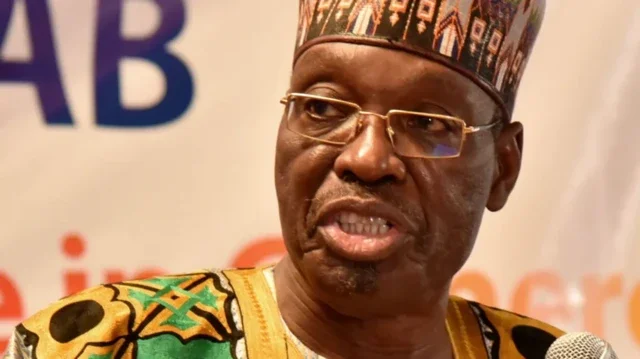Cameroon’s Constitutional Council delivered a pivotal decision on October 22, 2025, dismissing all challenges to the October 12 presidential election. The ruling paves the way for the announcement of final results, expected by Sunday.
With its decisions final and unappealable, the court’s verdict has sparked heated reactions, intensifying tensions in a nation already on edge.
The outcome could shape Cameroon’s political future as incumbent President Paul Biya appears poised to maintain his lead.
The rejection of these petitions has ignited debates about electoral fairness, with some candidates refusing to back down, setting the stage for a charged atmosphere as the nation awaits official results.
Petitions Fall Short
Ten petitions flooded the Constitutional Council, alleging serious irregularities in the election process. Claims ranged from ballot tampering to voter intimidation and other violations.
However, the court ruled that the petitioners failed to provide concrete evidence to support their accusations.
The dismissals have drawn scrutiny, with critics arguing the decision shuts down legitimate concerns about the vote’s integrity.
The council’s swift rejection has left little room for further legal recourse, pushing dissenting voices to seek other ways to challenge the process, raising fears of unrest in an already polarized nation.
A Defiant Stand
Candidate Issa Tchiroma, a prominent contender, stood firm in his rejection of the court’s ruling. In a fiery address on his campaign platform, he insisted he won the election and vowed to reject any other outcome.
“If they choose to destabilize our peace rather than concede, we’ll respond with the people’s resolve,” Tchiroma declared, signaling his readiness to rally supporters.
His defiance has struck a chord, particularly in his hometown of Garoua in northern Cameroon, where sporadic protests have erupted.
Tchiroma’s stance reflects the deep divisions surrounding the election, with unofficial tallies pointing to a lead for President Biya, who has held power for decades.
Tensions on the Rise
The court’s decision has fueled unrest in several cities, including Garoua, where demonstrations have broken out. Supporters of opposition candidates, frustrated by the dismissals, have taken to the streets, demanding transparency.
The protests, though scattered, highlight the growing unease as Cameroon braces for the final results. Authorities are on high alert, wary of escalating tensions in a country with a history of electoral disputes.
The Constitutional Council has until October 26, 2025, to announce the official outcome, a deadline that looms large over a nation grappling with distrust and division.
A Broader Context
Cameroon’s election saga unfolds against a backdrop of political strain. The allegations of fraud and intimidation echo past elections, where similar claims sparked controversy. Biya’s long tenure has drawn both loyalty and criticism, with opponents arguing the system favors the incumbent.
The council’s dismissal of petitions, while legally binding, risks deepening public skepticism about the electoral process.
Efforts to maintain calm are underway, but the protests in Garoua and beyond signal a restless populace. The coming days will test Cameroon’s ability to navigate this volatile moment without tipping into broader conflict.
A Nation Awaits
The Constitutional Council’s ruling has set the stage for a critical juncture. With results due soon, Cameroon stands at a crossroads.
Will the outcome unify the nation or deepen its divides? Tchiroma’s defiance and the protests reflect a hunger for fairness, while Biya’s apparent lead suggests continuity.
As the deadline approaches, Cameroon holds its breath, hoping for peace and clarity in a turbulent political landscape.
READ ALSO: Nigeria’s Super Falcons Face Setback Before Benin Clash



















